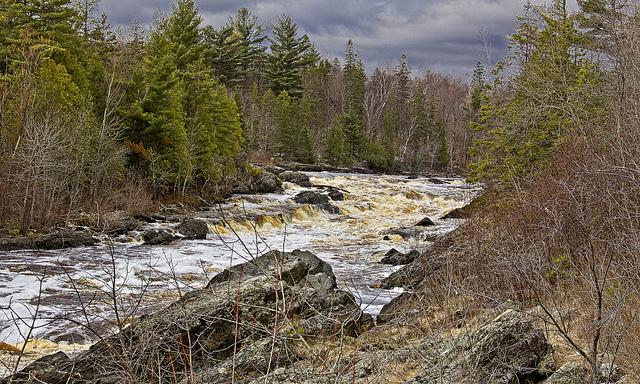
By Matt Doll, Minnesota Environmental Partnership — @mattjdoll
On Wednesday, the federal Bureau of Land Management announced its renewal of two mineral leases held by Twin Metals, the company seeking to construct a copper-nickel mine in the Superior National Forest near Ely. The leases were previously blocked by the Obama administration due to the tremendous environmental risk posed by the mine, and their renewal is a significant boost to Twin Metals’ efforts to build the mine. The other major copper-nickel project in northern Minnesota, the PolyMet mine near Hoyt Lakes, has already received its required permits and is awaiting court challenges and financing.
Both of these mines would pose significant threats to Minnesota waters, ecosystems, and communities. The sulfide ore mined at these sites would create waste that reacts in water to form sulfuric acid, toxifying water and habitats. This type of mining has never been done before in Minnesota, and has never occurred anywhere in the United States without polluting the surrounding environment. The Twin Metals mine would threaten the uniquely vulnerable and interconnected Boundary Waters just as the PolyMet mine would risk harm to the St. Louis River watershed and its downstream communities and Lake Superior.
Fortunately, Minnesotans continue to speak and act for our water
Late last year, Minnesota groups including MEP partners Friends of the Boundary Waters Wilderness and the Minnesota Center for Environmental Advocacy (MCEA) filed an appeal of the state’s copper-nickel mining rules put in place by the Department of Natural Resources. They argue that the rules – untested until now – are inadequate and too vague to serve as a protective framework for Minnesota’s natural resources. If the appellate panel responsible for considering this challenge agrees, it could support other challenges to PolyMet’s permits and ensure that Minnesota waters will be better protected.
MCEA also worked recently to introduce a bipartisan bill in the Legislature that would strengthen state standards around copper-nickel mining, especially concerning the storage of sulfide waste that is one of the critical dangers of this type of mine. It wouldn’t necessarily affect PolyMet, which has already been permitted, but it could protect the state in the case of a new mine or if PolyMet is constructed and then expands.
Similar legislation was passed in Montana in 2015, and was supported by the state’s mining industry – underscoring the fact that Minnesota’s copper-nickel mining regulations aren’t especially strict as some have claimed. The bill is unlikely to pass in the last few days of session, but it will start the conversation on this important issue.
It’s not clear what the future holds for the Minnesota watersheds under threat from sulfide mining, or for the downstream communities that would be permanently impacted by the pollution that follows. But one thing is certain: Minnesotans and the waters we care about are fortunate to have passionate advocates working every day to defend our future.